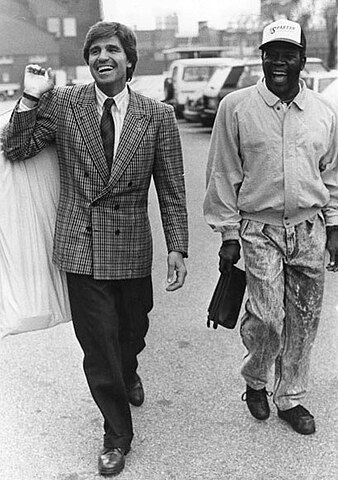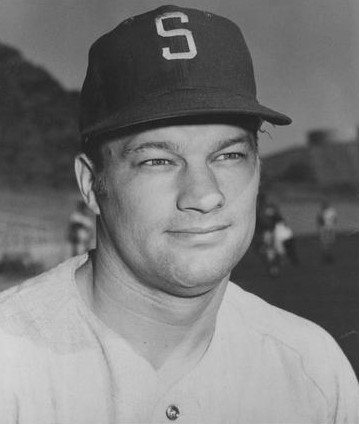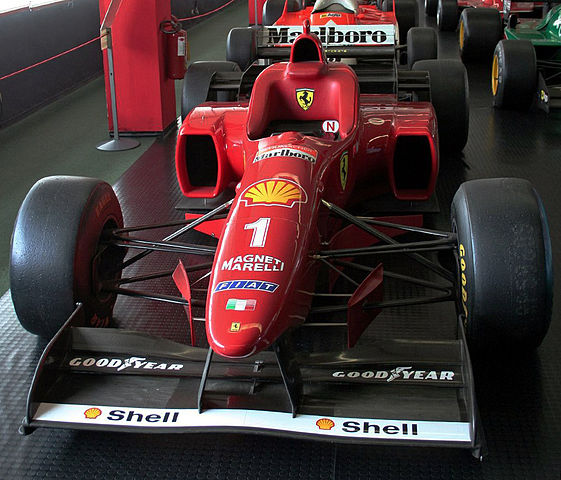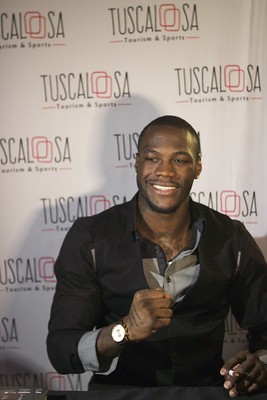The autobiography of Emile Griffith - a great sportsmant and a person
Respect for a different competitor can be instilled after just a few pages of Don McRae's work
Emile Griffith was one of the greatest professional boxers of the late 1960s through the late 1970s. He has won 85 fights, competing against the best fighters in three different divisions: welterweight, light middleweight and middleweight. Among his rivals are names like Danny Moyer, Luis Rodriguez, Benny "The Kid" Parrett, Dick Tiger and Jose Napoles. His entire career has been accompanied by both triumphs and tribulations in and out of the ring.
It is extremely interesting that we can read a curious autobiography about the life of the great boxer. Its author Don McRae introduces us to the fascinating and interesting story of Griffith's life in "A Man's World: The Double Life of Emile Griffith", which, unfortunately, cannot be found with Bulgarian translation yet.
In the book, Griffith is described as a young, fired-up boxer who, in the early 1960s, managed to win the world welterweight title. He is determined, focused and disciplined in the ring, and all of these qualities shine through the pages of the work.
His most dramatic fight was against Benny "The Kid" Paret, before which Emil was called the offensive Spanish word for homosexual by his opponent. The match was subsequently won by Griffith in the 15th round, but his opponent later died in hospital from the heavy blows he had suffered, and also from another heavy defeat about a year earlier.
Outside the ring, Griffith, who works in a women's hat factory, frequents gay bars. Homosexuality in his time was illegal and declared a mental illness. He's also African-American, and racial prejudice was still huge back then.
McRae shows all the qualities that a true champion possesses. These are the immense courage, loyalty and zest for life. The author has well explored the essence of Griffith. In 2012, he met the ex-boxer and shared that the influence of this on his writing was huge, as the author himself faced the apartheid government in South Africa. However, their meeting is in the years when dementia has already fully consumed Emil and he is a "ghost of a man," as McRae calls him in an email interview. However, this event is the main reason for the autobiography to be written, and this makes it extremely sensitive to all the problems accompanying the various ones.
McRae talks to many of his rivals, studies his fights and meets many of his close friends, such as Freddie Wright, who can share how important a world champion boxer in the 1960s with the same sexuality was to all gay men in the world.
Griffith's life story is important to many other people because he stood up for what he believed in and took on many great challenges personally and professionally. Boxing is a more special sport than any other. It is a one-on-one battle that can meet you with death, and in the case of Emil, that is exactly the case. His entire career and behavior as a person was influenced by the Parrett tragedy and other deaths during his active career, although he was not directly involved in them.
The author says that on a personal level, the aftermath of the third fight with "The Kid" was far more serious than one might expect, and the boxer was devastated that his opponent had died after one contest in the ring. After his active career ended, Griffith was in Wilford Scipio's corner as he beat Willa Klaassen to death. It also finishes the former world champion in three different divisions.
Despite the hardships of being a successful black homosexual athlete in the 1960s and 1970s, the book is an easy read and provides an understandable account of an extraordinary story. The battles are described extremely colorfully without omitting the events connected with the journeys and the troubles surrounding them.
"A Man's World: The Double Life of Emile Griffith" also ties in with McRae's earlier boxing works, which touched on the lives and careers of Mike Tyson, James Toney, Oscar De La Oya and Roy Jones Jr. Still, reading these pages, one gets the impression that Emil is the most charming of all these contestants.
McRae writes about an important figure in the sport, a competitor who certainly had his historical ups and downs. Readers will most likely come to respect Griffith the boxer and, more importantly, Griffith the man.




